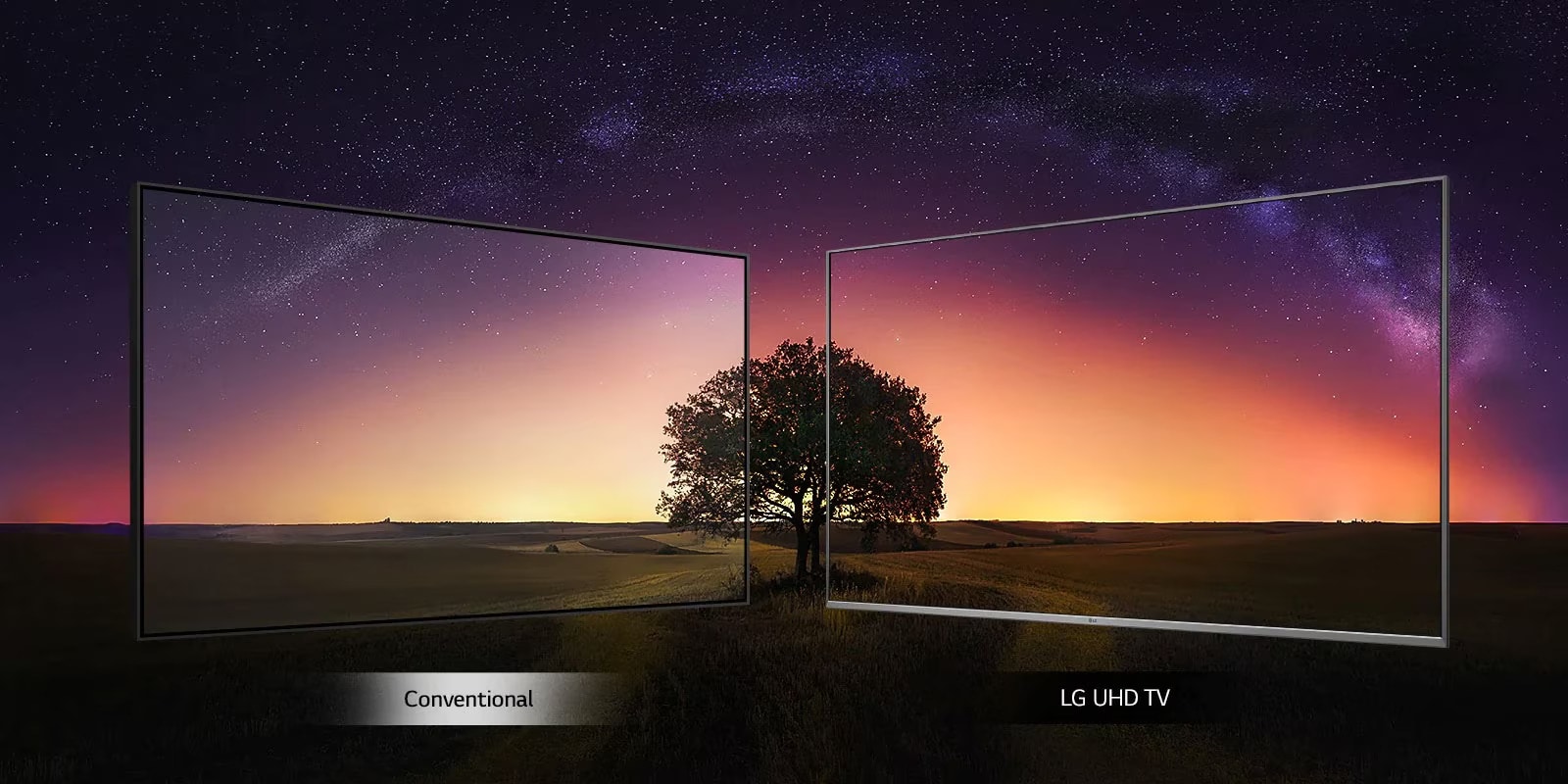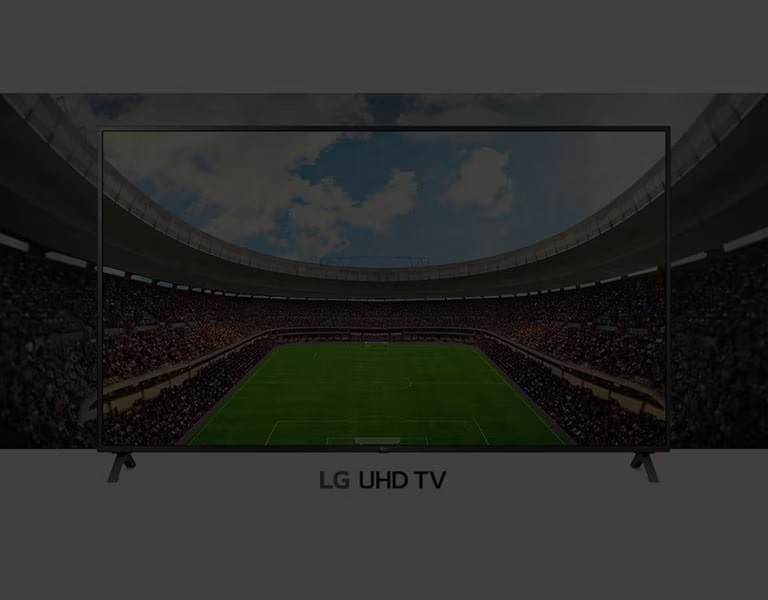We use cookies, including cookies from third parties, to enhance your user experience and the effectiveness of our marketing activities. These cookies are performance, analytics and advertising cookies, please see our Privacy and Cookie policy for further information. If you agree to all of our cookies select “Accept all” or select “Cookie Settings” to see which cookies we use and choose which ones you would like to accept.
Are you looking for the perfect TV that fits all your expectations? If yes, read ahead; this blog will showcase the differences between 4k, UHD, FHD, and HD resolutions along with their pros and cons, creating a factual room for deciding your purchase sensibly.

Since there are multiple options available, which can make your choice tough with so much variety, we have neatly explained all that you need to know. Now, let us weigh all the categories that play a role in making you choose the best display for your dream TV.
What is 4k TV?

A 4k TV has four times more pixels than a standard Full HD (1920 x 1080) TV. This means that it has 3840 horizontal pixels and 2160 vertical pixels, which makes for a total of 8.3 million pixels overall. With the increasing amount of 4k content, 4k TVs are becoming more and more popular. It is on its way to replacing 1080p as the new standard. 4k TVs are worth it for the spectacular viewing experience.

Also, UHD TVs principally operate on LCD OR OLED technologies with a host of features for best picture quality and lifelike visuals, including an extensive color gamut and HDR, which inflicts a bigger visual verve.
4K vs. 1080p

4K displays come with 3840 x 2160 pixel (4K UHDTV) resolution, which is exactly four times the pixel count of full HD displays (1920 x 1080 pixels). On a 4k TV, you can view the content in much more detail than on 1080p TVs. . By all means, 4K delivers enhanced quality and higher resolution images as compared to Full HD. However, if budget is a concern, one might opt for FHD as it offers a perfectly fine experience in terms of viewing.
FHD vs. HD
Can you trace the differences between FHD vs. HD? High-definition TVs come with a 720p display, whereas FDH TV has a 1080p display. The difference between the two lies in the level of sharpness and image quality.

FHD is about the elevated viewing experience in comparison to HD, which fails to display an equal level of clarity and picture quality. Therefore, when it comes to FHD vs. HD, full HD television is ideal if you want a better viewing experience.
FHD vs. UHD
After FHD vs. HD, if we compare full HD with Ultra HD TV, a TV with Ultra HD resolution displays approximately four times more pixels and sharpness than a Full HD picture. FHD is also referred to as 1080p and 1080i. The image resolution in FHD is about 2.07 megapixels as compared to approximately 8.3 megapixels image resolution in UHD.
UHD

The higher the number of pixels, the betterthe picture quality. Thus, the image becomes clearer and more precise. In addition, 4K TVs have about 3840 pixels, which is two times the sharpness of Full HD. And 8K is four times the resolution of 4K and 16 times the Full HD, which means that consists of a total of 7680 pixels.
UHD vs. HD: Pros and Cons
The Ultra HD screen has a higher resolution than the Full HD screen. The higher resolution offers you a more riveting watching experience, and the crystal-clear color divergence ensures that you are immersed in lifelike images leading to a more captivating experience. In addition, the Ultra HD screen also puts forward placid curves and honed lines.

The high resolution enables you to see every little detail on the screen so you can see every action, such as the water droplets on the plant leaves, etc. You can also enjoy a more indulging movie-watching experience as the 4K resolution guarantees more depth to what you see on screen.
Moreover, the intensified pixel density ensures a vibrant screen and crystal-clear images. On a familiar note, take a quick look at our LG UQ75 55 4K UHD Smart TV with WebOS and Active HDR to better grasp what Crystal UHD offers when it comes to pixel density.
Final Conviction
If you are in the process of purchasing a TV, remember that screen resolution is a key factor to be considered. Whether it is FHD vs. HD or UHD vs. HD, enhanced resolution delivers better quality images and a more immersive and captivating watching experience. The UHD resolutions offer quality like no other and images so sharp that you are left amazed compared to HD TVs.
We have provided everything you need to remember before making that big purchase. So, try the best range of TVs by LG. Explore our website and choose your fit now!
